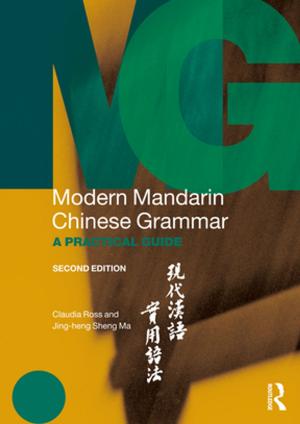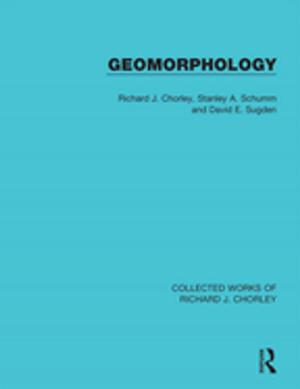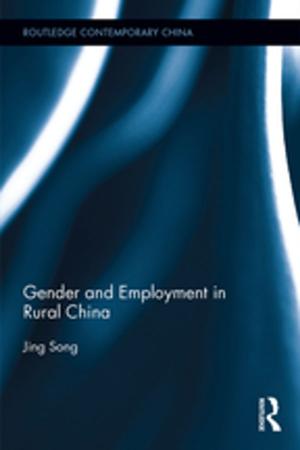Utopia Antiqua
Readings of the Golden Age and decline at Rome
Nonfiction, History, Ancient History, Rome| Author: | Rhiannon Evans | ISBN: | 9781134487868 |
| Publisher: | Taylor and Francis | Publication: | December 1, 2007 |
| Imprint: | Routledge | Language: | English |
| Author: | Rhiannon Evans |
| ISBN: | 9781134487868 |
| Publisher: | Taylor and Francis |
| Publication: | December 1, 2007 |
| Imprint: | Routledge |
| Language: | English |
Utopia Antiqua is a fresh look at narratives of the Golden Age and decline in ancient Roman literature of the late Republic and imperial period.
Through the lens of utopian theory, Rhiannon Evans looks at the ways that Roman authors, such as Virgil, Ovid and Tacitus, use and reinvent Greek myths of the ages, considering them in their historical and artistic context.
This book explores the meanings of the ‘Iron Age’ and dystopia for Roman authors, as well as the reasons they give for this decline, and the possibilities for a renewed Age of Gold.
Using case studies, it considers the cultural effects of importing luxury goods and the way that it gives rise to a rhetoric of Roman decline. It also looks at the idealisation of farmers, soldiers and even primitive barbarians as parallels to the Golden Race and role models for now-extravagant Romans.
Utopia Antiqua is a fresh look at narratives of the Golden Age and decline in ancient Roman literature of the late Republic and imperial period.
Through the lens of utopian theory, Rhiannon Evans looks at the ways that Roman authors, such as Virgil, Ovid and Tacitus, use and reinvent Greek myths of the ages, considering them in their historical and artistic context.
This book explores the meanings of the ‘Iron Age’ and dystopia for Roman authors, as well as the reasons they give for this decline, and the possibilities for a renewed Age of Gold.
Using case studies, it considers the cultural effects of importing luxury goods and the way that it gives rise to a rhetoric of Roman decline. It also looks at the idealisation of farmers, soldiers and even primitive barbarians as parallels to the Golden Race and role models for now-extravagant Romans.















